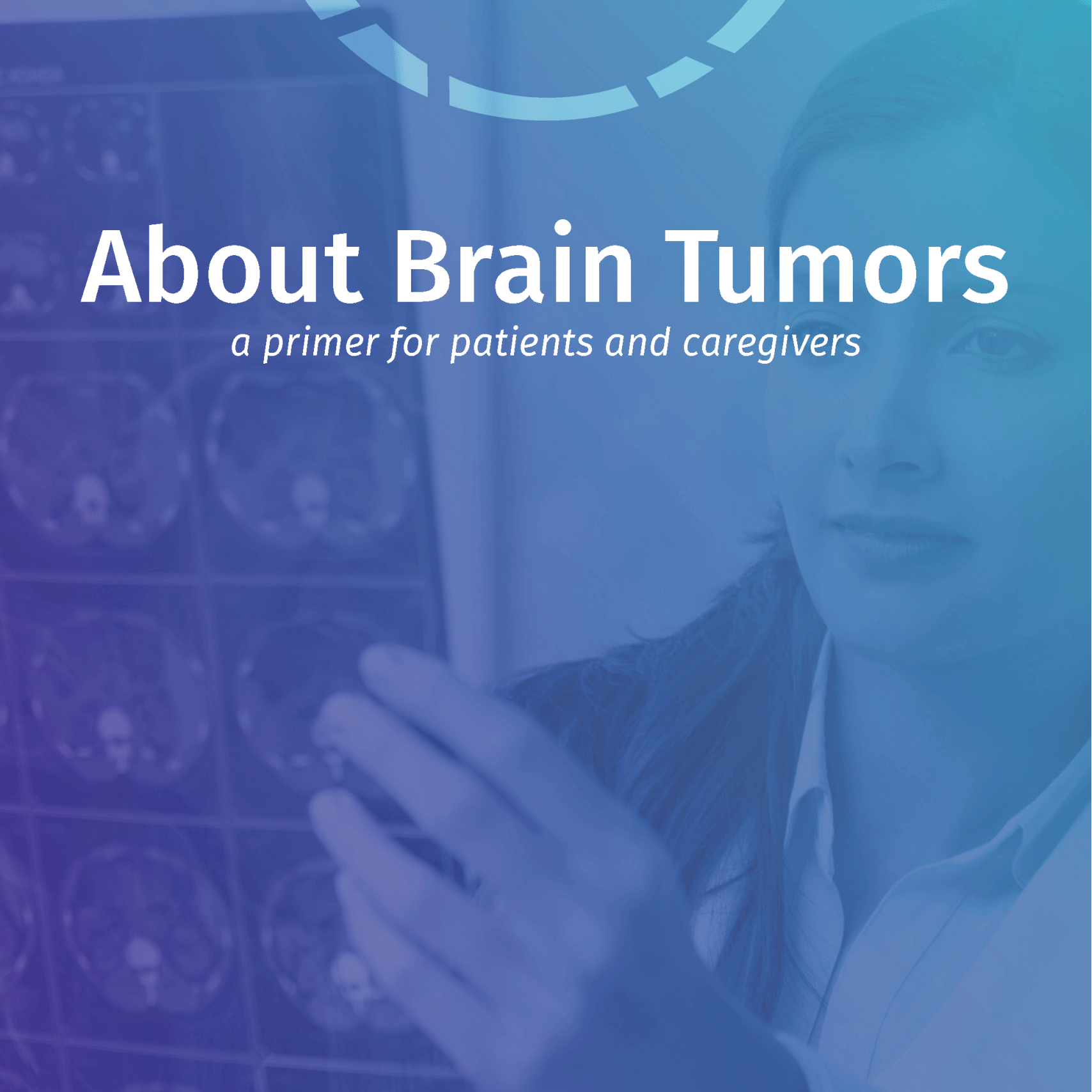Brain tumors and their treatments can lead to a range of neuropsychiatric symptoms, also known as neurobehavioral symptoms. These symptoms, which often mimic mental health disorders, can significantly impact both patients and their caregivers. Left untreated, they can profoundly alter a patient’s mood, personality, and behavior, creating challenges that ripple through families and support systems.
What Are Neuropsychiatric Symptoms?
Neuropsychiatric symptoms refer to mood, cognitive, and behavioral changes resulting from a brain tumor or its treatment. These symptoms may overlap with mental health disorders and can vary in severity, ranging from mild irritability to severe personality changes.
Common Symptoms Include:
- Emotional Symptoms: Depression, anxiety, anger, apathy.
- Cognitive Issues: Confusion, memory loss, delusions, hallucinations.
- Behavioral Changes: Aggression, impulsivity, mania/hypomania, and profound personality shifts.
- Physical and Social Effects: Insomnia, social withdrawal, and suicidal tendencies.
These changes can disrupt daily life, causing patients to miss medical appointments, mismanage medications, or isolate themselves from support networks.
Impact on Patients and Caregivers
The effects of neuropsychiatric symptoms extend far beyond the individual diagnosed with a brain tumor.
For Patients:
- Difficulty adhering to treatment plans.
- Increased risk of unsafe behaviors, such as driving or handling dangerous objects.
- Emotional distress from personality and behavioral changes.
For Caregivers and Loved Ones:
- Emotional Strain: Witnessing a loved one’s personality shift can evoke grief, as families often feel they have “lost” the person they knew.
- Role Changes: Family members may need to take on new responsibilities, such as managing finances or making healthcare decisions.
- Physical and Financial Safety: Patients may unintentionally endanger others or make impulsive decisions that strain family resources.
- Relationship Challenges: Behavioral changes can lead to emotional trauma, damaged relationships, and social isolation.
What Causes Neuropsychiatric Symptoms?
Brain tumors and their treatments can cause these symptoms through several mechanisms:
- Tumor Location: Tumors in specific areas, such as the frontal lobe, can impact emotional and cognitive functions.
- Treatment Side Effects: Medications like corticosteroids and anti-epileptics, as well as radiation, can alter brain chemistry.
- Physical Changes in the Brain: Elevated intracranial pressure, inflammation, and disrupted neurotransmitter levels.
- Preexisting Conditions: Family history of mental health disorders may exacerbate symptoms.
Seeking Professional Help
If you or a loved one experiences neuropsychiatric symptoms, seeking professional intervention is crucial. A variety of specialists can provide support:
- Neuropsychiatrists: Treat mood and cognitive disorders caused by brain dysfunction.
- Behavioral Neurologists: Focus on the relationship between brain function and behavior.
- Counselors and Therapists: Offer coping strategies for patients and caregivers.
- Neuro-Oncologists: Manage care for patients with brain tumors.
Treatment and Management Strategies
Effectively addressing neuropsychiatric symptoms involves a combination of medical, psychological, and lifestyle interventions:
- Medical Evaluations: Neuroimaging and clinical assessments can pinpoint the cause of symptoms.
- Medication Management: Adjustments to current medications or the introduction of psychiatric medications can reduce symptoms.
- Psychotherapy: Counseling for both patients and caregivers helps build emotional resilience.
- Lifestyle Changes: Prioritizing a healthy diet, adequate sleep, and stress reduction supports overall well-being.
- Education and Awareness: Knowing what to expect helps caregivers identify symptoms early and seek timely medical intervention.
When a Loved One Refuses Help
Patients experiencing paranoia, delusions, or other severe symptoms may resist treatment. In such cases:
- De-escalate Crises: Learn crisis response techniques or contact trained professionals. Call our CareLine: 800-886-ABTA (2282)
- Local Resources: Identify crisis intervention teams or emergency services in your area for immediate support.
Support Resources for Patients and Caregivers
We have resources tailored to brain tumor patients and their families to support you:
- Educational Materials: Free brochures on tumor types, treatments, and side effects.
- Support Networks: Online communities like ABTA’s Connections and our Patient and Caregiver Mentor Support Program match individuals with mentors who understand their journey.
- Professional Assistance: Access to CareLine specialists and guidance: 800-886-ABTA (2282)
- National Conference: Opportunities to learn from experts and connect with others navigating similar challenges.
Neuropsychiatric symptoms of brain tumors can profoundly affect both patients and their caregivers. By understanding these symptoms, seeking professional help, and utilizing available resources, families can better navigate this challenging journey.






























